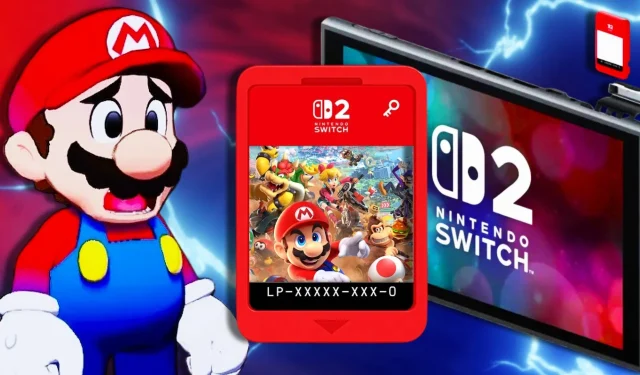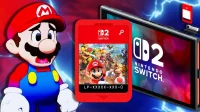The recent Nintendo Switch 2 Direct presentation elicited mixed reactions among fans and industry observers. On one hand, the showcase featured numerous third-party game announcements and highlighted various technological advancements built upon the original Switch’s foundation. On the other hand, some attendees expressed disappointment due to the sparse selection of first-party titles and the high price point associated with the console and its games. Launch day will undoubtedly serve as a pivotal moment for Nintendo as they navigate these divided sentiments.
While initial impressions can be misleading, what Nintendo revealed during this Direct has raised several eyebrows. Among the noteworthy announcements was the introduction of Game-Key Cards. This new form of media has sparked confusion and criticism, leaving many wondering about its practicalities.
Strange Introduction of Game-Key Cards
A Hybrid of Digital and Physical Media
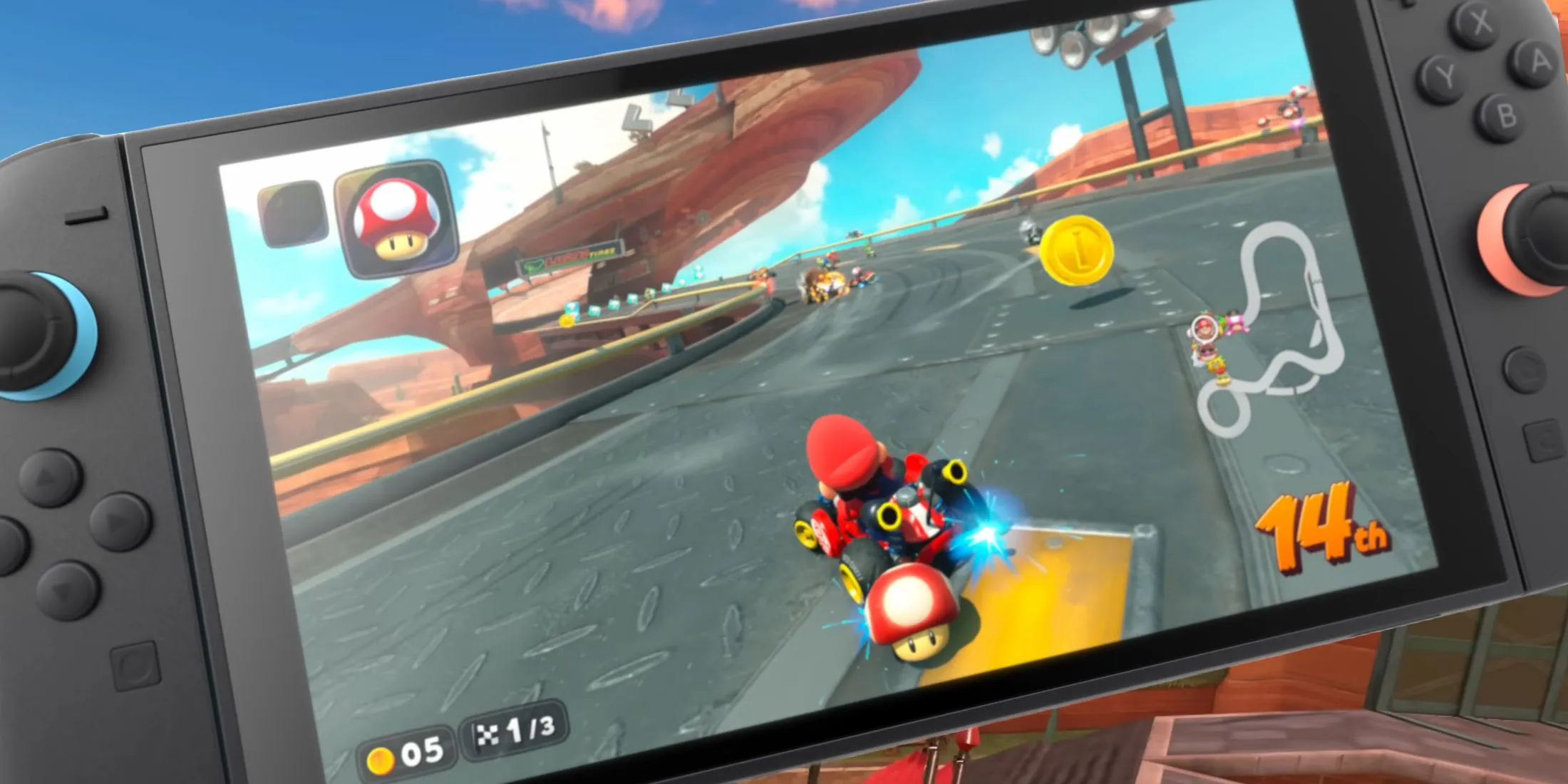
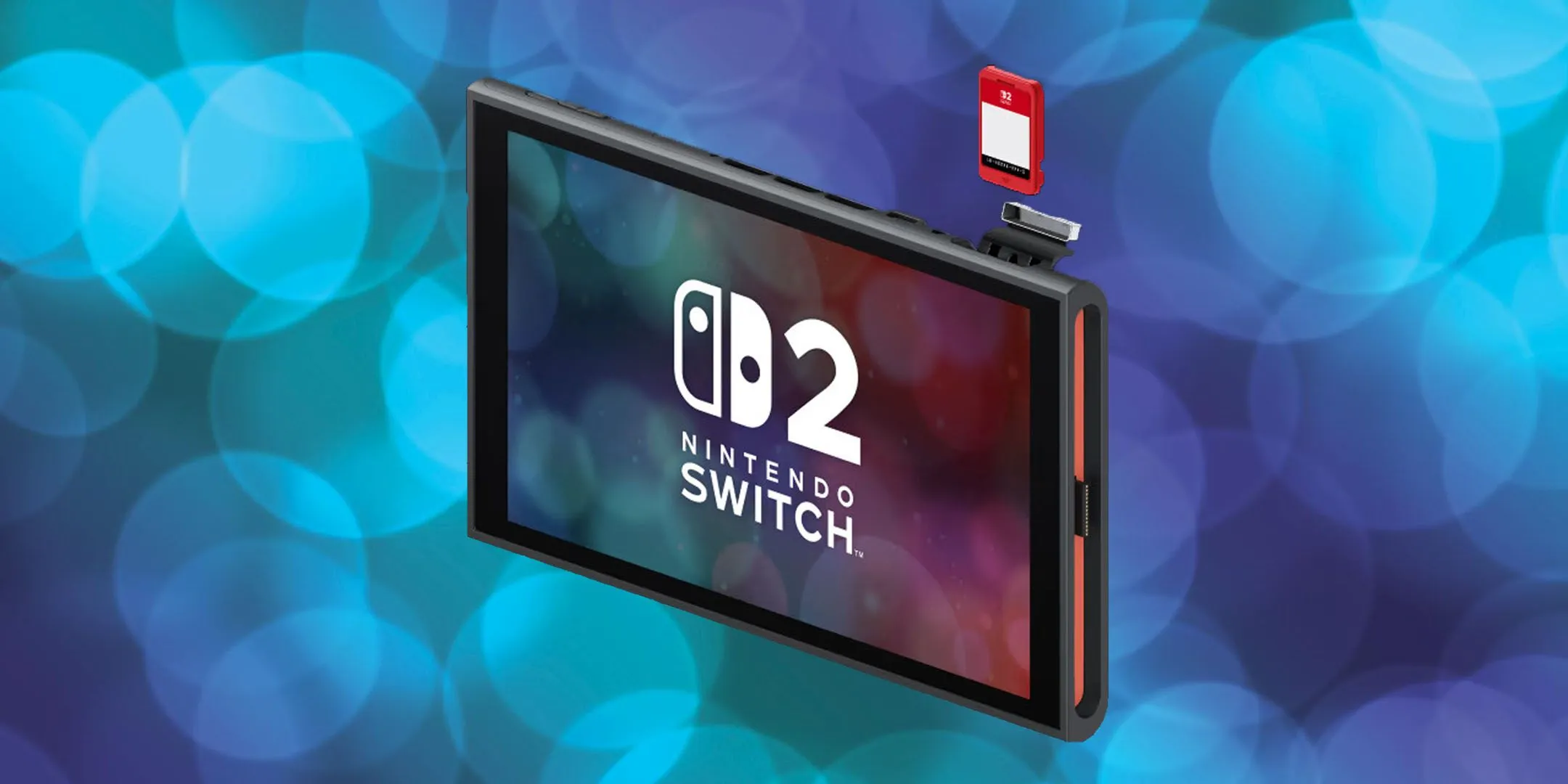
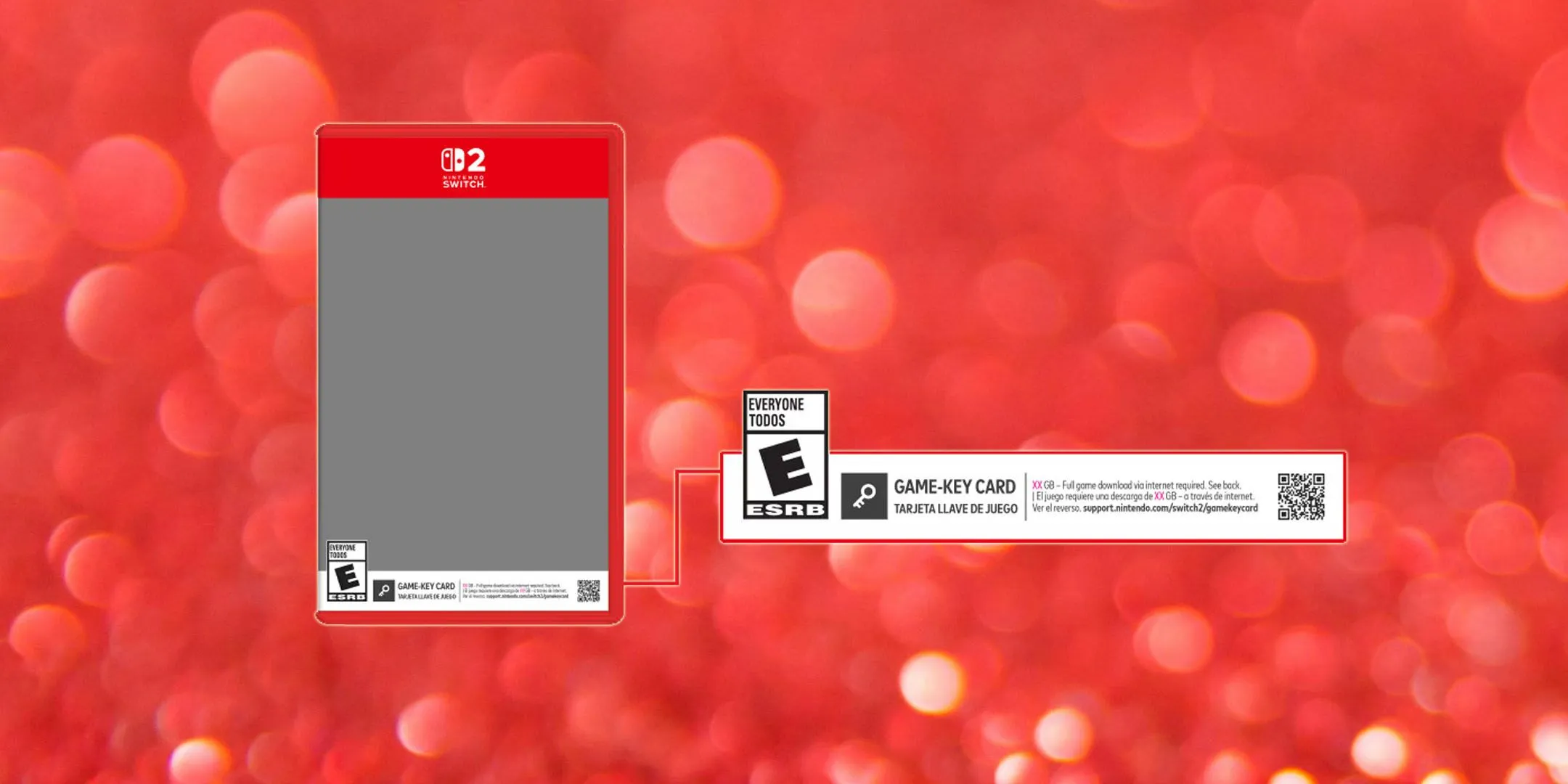
During the Switch 2 Direct, Nintendo introduced a perplexing product called Game-Key Cards, which resemble traditional Nintendo Switch cartridges. They fit into the same slots and are encased in plastic just like any other physical game. However, this is where the similarity ends. Despite their appearance, these cards do not function as typical physical media.
These Game-Key Cards are essentially mechanisms to access digital games stored within them. Players will need to insert the card into their Nintendo Switch 2 and download the game from the internet. Moreover, it is crucial to keep the Game-Key Card inserted to access the digital content. This creates complications, especially for users without reliable internet access, as initial downloads are mandatory for gameplay. The intent seems to aim at blending physical and digital formats, although execution raises concerns.
Tetsuya Sasaki, the Switch 2’s technical director, confirmed to Gamespot that the Game-Key Card can be lent or sold, diverging from typical digital ownership models. However, despite Nintendo’s efforts in crafting this innovation, the overall reception has been one of confusion and concern among fans regarding its impact on physical media’s future.
Limited Appeal of Game-Key Cards
Difficulties for Collectors
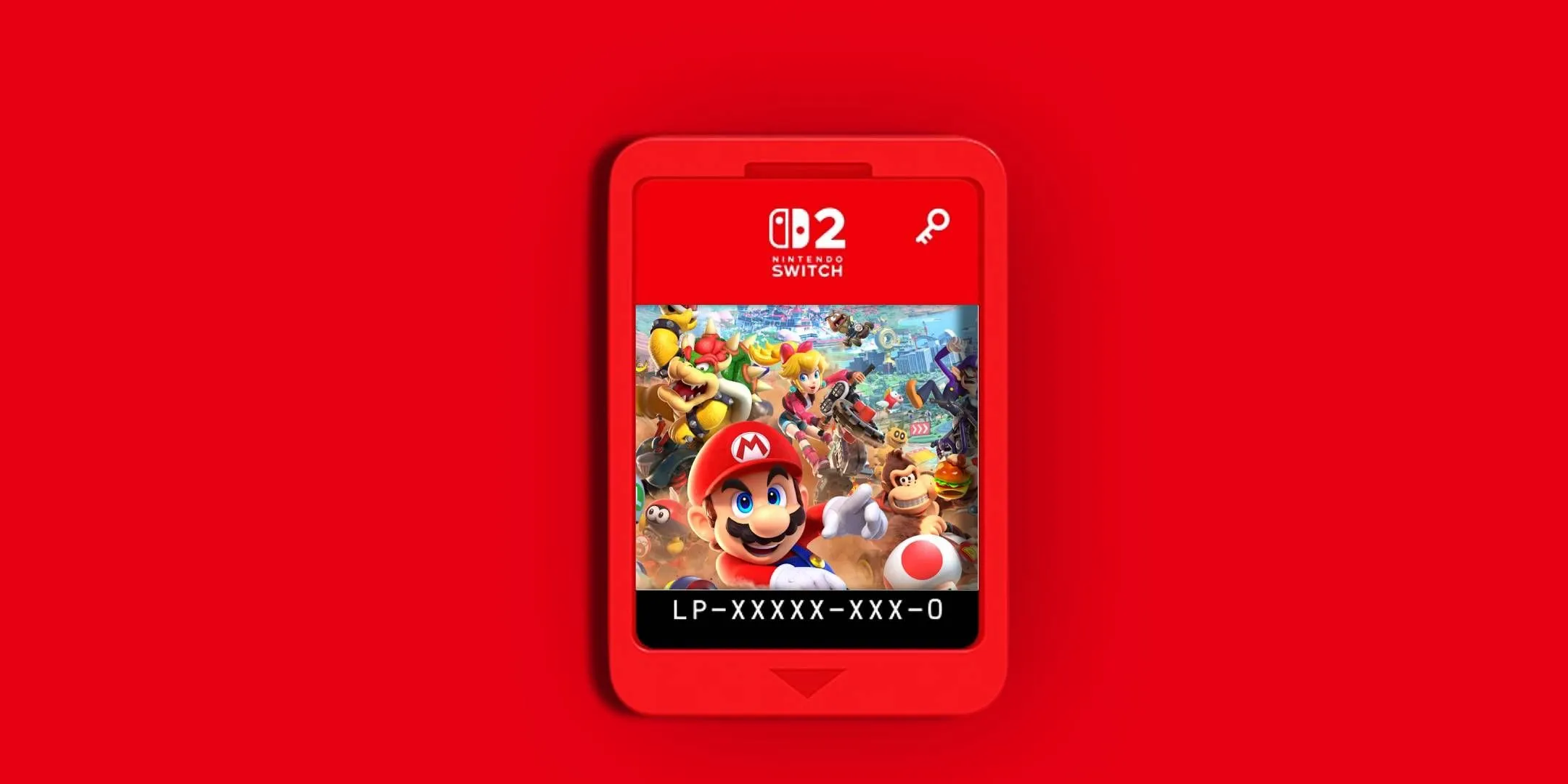
In essence, Game-Key Cards do not cater effectively to either physical or digital game collectors. The requirement for an internet connection can deter collectors who prefer immediate gameplay upon purchase, while digital enthusiasts find the constant need for the physical card impractical. Just like the recent underwhelming Game Chat feature, Nintendo’s attempt to appeal to both sides has led to a product that lacks universal desirability.
Despite their apparent drawbacks, there is an underlying rationale for the existence of Game-Key Cards. With high-profile games, like Cyberpunk 2077, confirming their sizeable storage requirements (with the Switch 2’s 64GB cartridge maxed out), it’s evident that games are heading toward larger file sizes. This situation necessitates alternative solutions for physical product offerings in the future.
Nintendo’s proactive stance aims to future-proof the Switch 2, especially given its current standing versus competitors in the gaming industry. Some reports indicate performance issues with titles like Cyberpunk 2077 and Hogwarts Legacy, underscoring the need for innovation in game distribution.
Limitations should be placed on Game-Key Cards
Best Reserved for Third-Party Titles
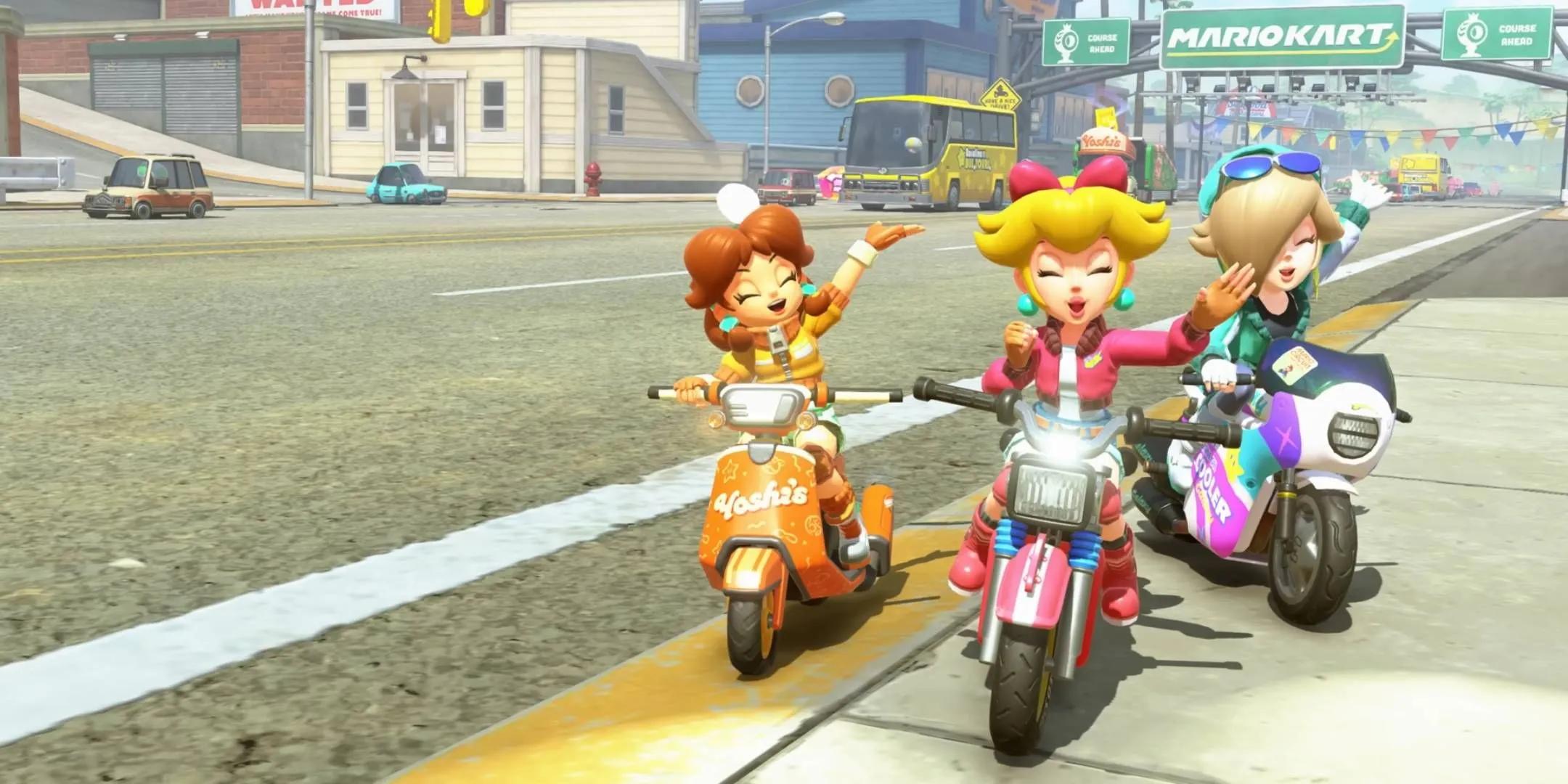
While Nintendo’s commitment to physical media is commendable, the introduction of Game-Key Cards potentially undermines game preservation efforts. This approach not only contrasts with the value of ownership but continues the unsettling trend of consumers feeling as though they do not fully possess the games they purchase. The model mirrors the less favored strategy of “code-in-a-box” that has become commonplace, albeit with slightly more visible physical attributes.
Importantly, Nintendo possesses a deep understanding of its hardware. Ideally, the firm should strive to optimize first-party titles effectively so they can fit within traditional cartridges without resorting to hybrid products like Game-Key Cards. Historically, Nintendo has succeeded in similar situations, as seen with Monolith Soft’s impressive feat of fitting Xenoblade Chronicles X onto a singular Wii U disc.
It will be crucial to observe how Nintendo addresses the backlash surrounding the Game-Key Cards. With the company previously brushing off concerns regarding high game prices and other contentious features, it seems unlikely that they will re-evaluate their stance. These cards appear set to remain a fixture, regardless of criticism regarding their necessity. Unfortunately, for upcoming blockbuster titles on the Nintendo Switch 2, the reliance on Game-Key Cards may be unavoidable.
Source: Gamespot
